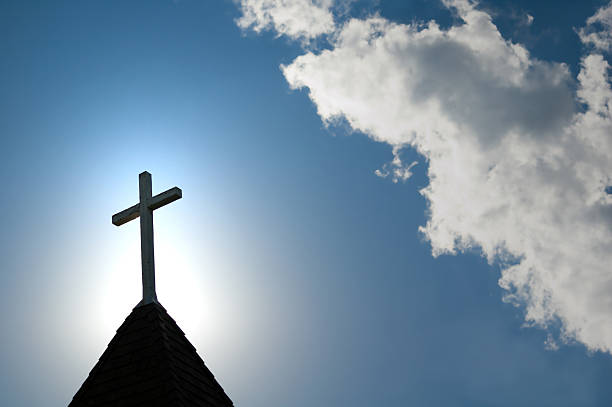Han Hak-ja, the leader of South Korea’s Unification Church, has been arrested on charges of bribery involving luxury gifts, including designer handbags and a high-end necklace, allegedly offered to the country’s former first lady, Kim Keon Hee. The 82-year-old church leader stands accused of directing her staff to deliver these extravagant gifts in exchange for favorable treatment towards the church’s business interests during Kim’s tenure as first lady.
The South Korean prosecution issued the arrest warrant, citing concerns that Han might tamper with evidence. Han, who is known as “True Mother” among her followers, has firmly denied the allegations, labeling them as false information. Despite her denial, the church has stated that it will cooperate with the ongoing investigation and legal proceedings, acknowledging the court’s decision and vowing to restore trust in the institution.
The Unification Church, founded by Han’s late husband, Sun Myung Moon, in 1954, has long been associated with controversy and criticism. The church’s teachings, which include the belief that Moon was the second coming of Christ, have earned it a reputation for having a cult-like following, often referred to disparagingly as “Moonies.” It also controls numerous businesses in sectors such as construction, media, and healthcare, making it a powerful global entity.
Han is also facing allegations of bribing a prominent South Korean Member of Parliament with a sum of Ksh 11 million. These bribery accusations come amidst a broader political scandal, with former first lady Kim Keon Hee herself under investigation for stock market manipulation and bribery, leading to her arrest. Kim’s husband, former President Yoon Suk Yeol, has also been detained and is facing trial over his controversial declaration of martial law in December.
As the investigation unfolds, both Han Hak-ja and Kim Keon Hee’s involvement in the broader corruption case continues to unravel, revealing deeper ties between political elites and influential religious organizations in South Korea. The unfolding scandal has further fueled public debate about the intersection of politics, religion, and business in the country.

